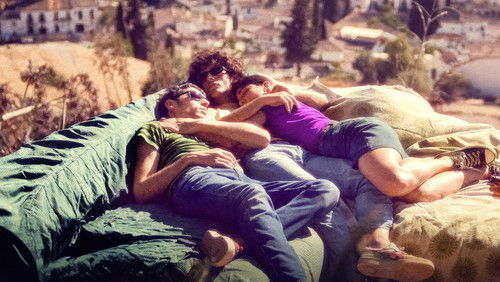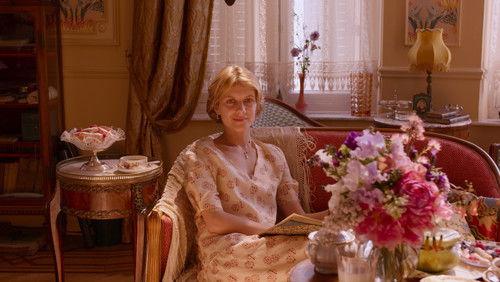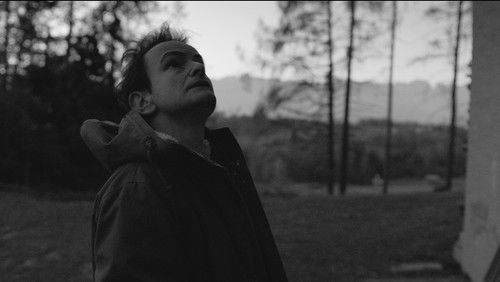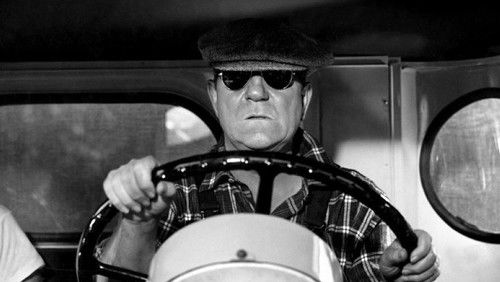Man at the Top (1973)
58KMan at the Top: Directed by Mike Vardy. With Kenneth Haigh, Nanette Newman, Harry Andrews, John Quentin. Joe Lampton, the protagonist of Man at the Top (1970), learns that an untested drug from the shady pharmaceutical concern he works for made hundreds of African women sterile. When he turns to his superior, he finds that he’s in over his head.
“The film Man At The Top is quintessentially British in that it has the characteristics that make up the British culture. There is the class system where the bourgeoisie at the top appear to the passive observer, dignified, mannered, and serene, like the characteristics of a Tory gent or lady.u003cbr/u003eu003cbr/u003eThis facade is deceptive, and perhaps deliberately so. The facade is like a weapon and also armour. Therefore, what Man At The Top does well is remove that facade, in order to highlight the double crossing, double dealings, the cheating, the cuckolding, and pointedly the two faced masks of the upper classes.u003cbr/u003eu003cbr/u003eThe two faced attitudes of the upper classes contrasts with the straight talking, down – to – Earth, albeit ambitious Joe Lampton (Kenneth Haigh) who has learnt the measure of his upper class compatriots, and who uses this to his advantage. He wades his own, personal, and bespoke proletariat revolution.u003cbr/u003eu003cbr/u003eTherefore, Man At The Top is essentially about the on-going British class war. Modernity has given way to opportunities for the proletariat to succeed in business and usurp his and her traditional ruler, and as such the demise of the old order.u003cbr/u003eu003cbr/u003eThe film is full of class war symbolism, such as the fox hunt in which the pray becomes the proletariat, as in Joe, or the u0026#39;sparringu0026#39; within the boxing match, and the suicide revealing the death of the old order, via its own self murder. In other words the freedoms bestowed on society by the establishment have culminated in the latteru0026#39;s destruction, only to give rise to polemic new orders during the 20th Century, such as for example consumer capitalism versus communism.u003cbr/u003eu003cbr/u003eBesides class war, this film is foresighted, as it reveals capitalism to be full of corruption which is relevant today in 2009 where u0026#39;dirty dealingsu0026#39; have exposed the fragility of the system in post-modernity.u003cbr/u003eu003cbr/u003eThis is an excellent film for those who want to see into the British class system and the sparring that goes on between the bourgeoisie and proletariat. It is also a good way of revealing the fragile fibres that endeavour to hold together post modern capitalism”









